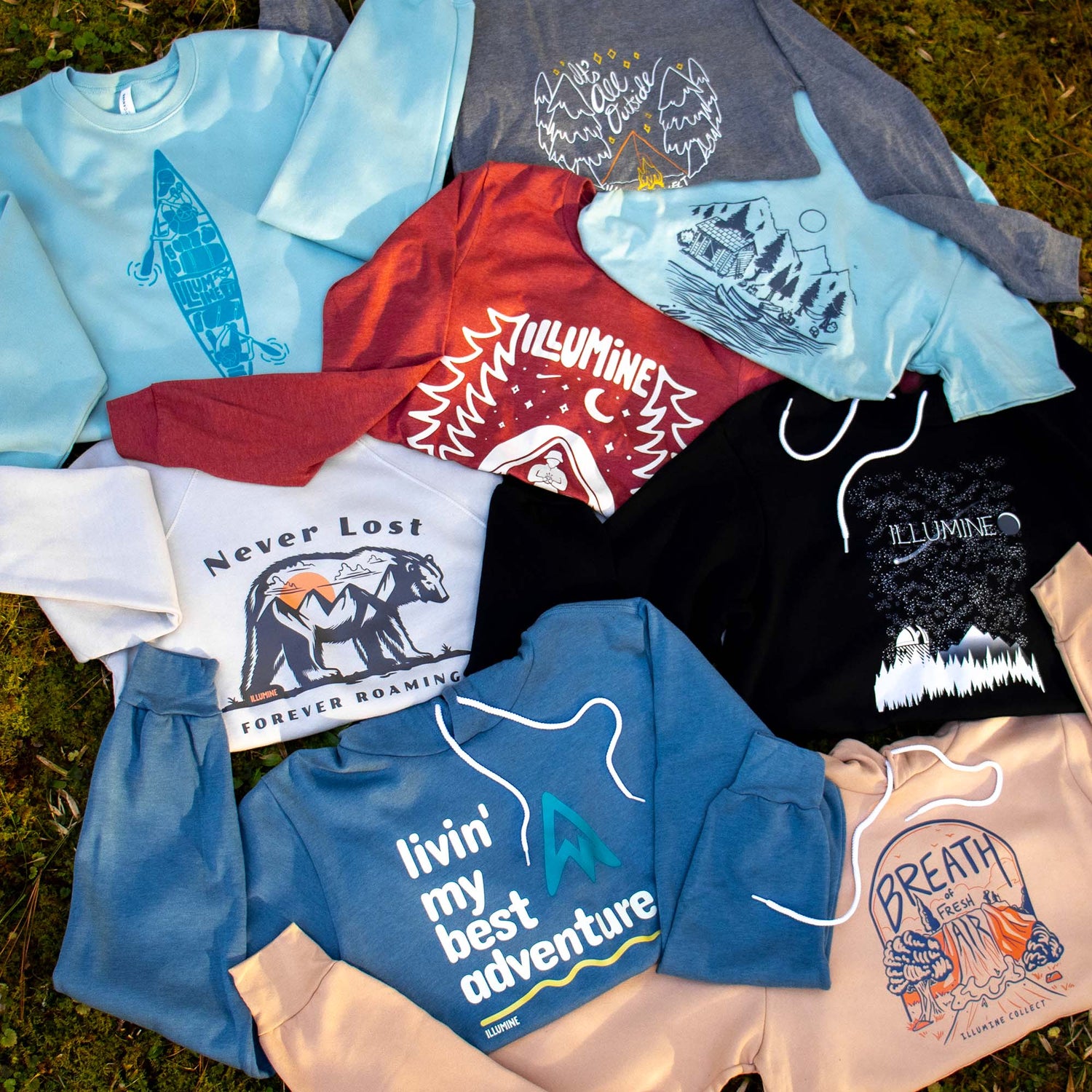An interview with Sportable program director, Forrest Lodge
Interview by Jeremy Lux, article written by Eric Z. Gasa
For some disabled folks, daily life is a certain struggle. When life itself is a challenge, it can be easy to dismiss the thought of recreation and pleasure. But fortunately, that’s where people like Forrest Lodge come in. The program director of Sportable, a nonprofit organization in Richmond, Virginia, Lodge is dedicated to getting disabled folks into the great outdoors. Jeremy Lux had the pleasure of chatting with Lodge to discuss his program, the intricacies of wheelchair-assisted sports, and how Sportable has transformed into one of the top Paralympic sports clubs in the country.
Lodge can’t help but be proud of his work while talking about his time with Sportable. A member of the team since 2015, he’s seen countless success stories.
“Being able to provide opportunities for folks with the help of an org, such as Sportable, has been a really moving experience,” he says.

But before he was showing wheelchair-bound folks how to kayak, Forrest studied sports and recreation management at James Madison University. Forrest loved sports so it made sense to pursue a job in the industry. He hoped to work with professional franchises like his beloved New York Yankees, but life had other plans.
“Those early dreams kind of expose my naivety, or scope of knowledge I guess, on what different roles were available in the industry and what paths you have to take to get there,” he admits.
Forrest attended grad school at Virginia Commonwealth University where he was exposed to the nonprofit world, expanding his horizons. Forrest also got experience in non-athletic events, even helping coordinate a Chance the Rapper homecoming concert. Forrest’s first dive into adaptive sports was during the fall of 2014 when he volunteered for Sportable’s power wheelchair soccer program.

For the uninitiated, power wheelchair soccer is much like the conventional sport, except players use wheelchairs with an attached guard to score goals using an oversized ball. The same goes for assisted basketball and other adaptive sports as well. Unfortunately, these wheelchairs are very expensive which is where Sportable comes in with grants to help folks get to playing.
“It’s absolutely nuts to see in person,” Lodge shares, “It’s just awesome because it’s probably one of the few ball-related sports that wheelchair-bound athletes can play in terms of teams.”
After college and volunteer work, Lodge kept in touch with some friends who worked at Sportable. Towards the end of 2015, they reached out to him about a program manager opening. 22-years-old and fresh out of college, Lodge was admittedly a little unsure of the position.
“I had zero background in working with people with disabilities, cognitive or physical, and was just very unsure about how successful I can be,” he remembers. “I didn’t want to go in and fail, not myself, but fail the people that we intended to serve at Sportable.”

Ultimately, Lodge decided to go with the job, and he hasn’t looked back since.
Today, Sportable serves as many athletes as possible no matter the disability. Though the pandemic has thrown a wrench in things, Lodge is happy to report that as things return to normalcy, the org has found ways for folks to safely compete and enjoy the great outdoors. These activities include trail walking, fishing, and even kayaking.
Lodge has high hopes for when Sportable can continue competing with other clubs across the country again. It’s impressive hearing him talk about the plethora of sports his org offers to young athletes. These include basketball, tennis, rugby, lacrosse, and other pastimes.
But with each activity comes new challenges both physical and financial. The chairs the athletes use are highly specialized with angled wheels for better stability, turning, and durability. As one might expect, these high-impact wheelchair frames are very expensive which makes starting the sport an obstacle for newcomers.

“Expecting an athlete to come in for a first experience and asking them to buy a $300 baseball before they even pick up the sport is unheard of,” Lodge says, “It’s not smart or logical because in this field it’s not $300, it’s more like $3,000.”
With the help of grants, donations, and the local community in Richmond, Virginia, Sportable has acquired a lot of specialized equipment to keep athletes on the field. But just as important as the inventory are their staff, who are not only experts on the sports but help execute the program.
For many volunteers, the advocacy doesn’t stop off the field either. Lodge encourages volunteers to spread the word about Sportable to other disabled folks they may see in the community. Striking up a conversation may lead them to a completely new experience.
When it comes to helping others, Lodge’s approach is very straightforward; just put yourself out there.
“If there is something in your area find a way to get involved!” he says. Lodge explains how orgs are more than happy to accept new applicants and advocates alike. But the real key to doing a great job in this industry is respect.
“Focus on the ability,” he says, “and not the disability.”
***
To connect with Sportable you can check them out on their website www.sportable.org as well as their socials on @SportableRVA on Instagram, Facebook, Twitter, and YouTube. And of course you can the full scoop on Forrest Lodge by tuning into the Life in Motion podcast with Jeremy Lux on Apple Podcasts and Spotify.

